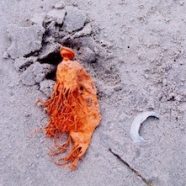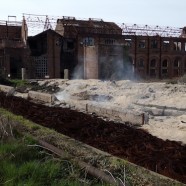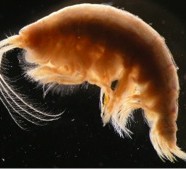2017 : The Bastille Day is nuclear
July 14, 2017. (9h26 Paris time).
Unfortunately France and the United States of America have published a joint statement to name the Treaty on the Prohibition of Nuclear Weapons as a nuisance and a threat to World peace. (1)
The Treaty on the Prohibition of Nuclear Weapons was adopted on July 7, 2017 by 122 States with support of the United Nations. It was inspired by the Convention on the Prohibition of Chemical Weapons initiated by France. It completes the Treaty on the Non-Proliferation of Nuclear Weapons and the Nuclear-Test-Ban Treaty. The preamble mentions not only the catastrophic consequences of use of nuclear ammunition but also the risk of accidental triggering.
OSPAR loses the Arctic
Report
OSPAR comes from the fusion in 1992 of the Paris Convention for the Prevention of Marine Pollution from Land-based Sources and the Oslo Convention for the Prevention of Marine Pollution by navy and aircraft immersion operations. The latter was initiated following the shock of the oil spill from the Torrey Canyon March 18, 1967.
OSPAR is dedicated to the protection of the northeast Atlantic Ocean. It is a pilot fish. The work of its 5 committees – Biodiversity, Offshore Industry, Radioactive Substances, Environmental Impact of Human Activities, Hazardous Substances and Eutrophication – allows better understanding and combat of the many pressures on marine ecosystems from the open sea of Portugal to the Arctic Ocean. This success is notably materialized by a quality status report without concession of the OSPAR zone in 2010 (1). Seven years later, the OSPAR pilot fish is threatened of asphyxia by the Arctic countries. Robin des Bois has returned from the Biodiversity and Offshore Industry committees which gathered in Berlin and in Oslo the first two weeks of March.

















